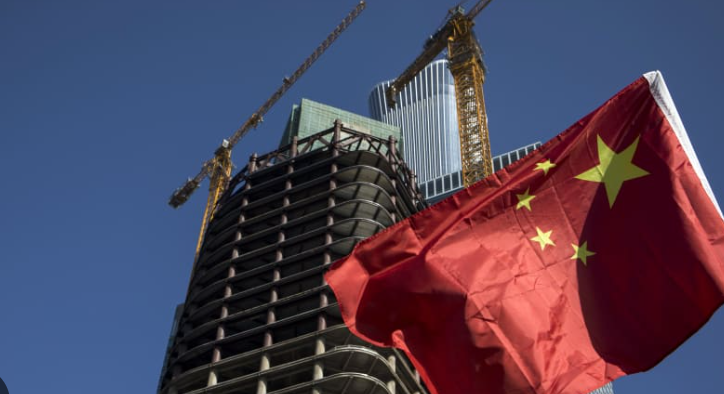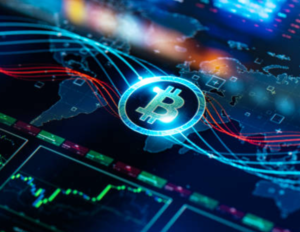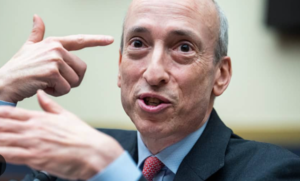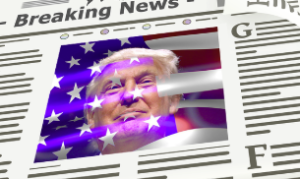$TSLA $BYDDF $RUSL
#Russia #China #Sanctions #Automotive #Cars #Trade #EVs #Geopolitics #BYD #Economy #WesternSanctions #EmergingMarkets
Russian sales of Chinese-manufactured cars have skyrocketed in the aftermath of sweeping Western sanctions levied on Moscow due to the ongoing geopolitical tensions surrounding Ukraine. With major Western carmakers pulling out from the Russian market, Chinese automakers have quickly filled the gap left behind. As prominent companies like Tesla, General Motors, and Ford ceased operations in Russia, brands such as BYD, Chery, and Great Wall Motors from China have stepped in, seeing a huge uptick in demand for their vehicles. The shift is emblematic of how international sanctions often create economic realignments, sparking new opportunities for some and challenges for others.
Russian consumers are, effectively, “voting with their wallets” as they increasingly turn to more affordable and available Chinese vehicles. Compounded by a significant decline in the Russian ruble’s value since 2022 and heightened inflation on imported goods from the West, Chinese cars—often perceived as offering good value for money—have become an increasingly attractive option. Furthermore, Chinese automakers have capitalized on being able to offer a wide range of vehicle classes, from economy cars to electric vehicles (EVs), that appeal to Russian buyers. For instance, companies like BYD, China’s largest EV maker, are positioned to capture more market share as Russia attempts to rapidly modernize its transportation sector.
From an investment perspective, Chinese automakers listed internationally, such as BYD Company Ltd. ($BYDDF), could benefit from the increased business in one of the largest emerging automotive markets. The broader trends suggest that Chinese automotive stocks might see upward pressure, especially given the void left by the abrupt exit of Western competitors. On the other hand, Russian ETFs like $RUSL are likely to remain under pressure as the financial fallout from sanctions continues to weigh on the broader Russian economy.
For cryptocurrency investors, while this development doesn’t tie directly to the crypto space, the macroeconomic situation could push Russia further toward alternatives to conventional currencies in the financial system, including cryptocurrencies. Given Russia’s growing interest in adopting digital currencies as a way to bypass traditional financial sanctions, there may be increased discussions around adopting cryptocurrencies in the future trade environment with countries like China. Nevertheless, investors in both traditional and crypto markets should continue monitoring how international diplomacy and restrictions evolve, as they will undoubtedly influence future trade and economic policies between Russia and its partners globally.











Comments are closed.